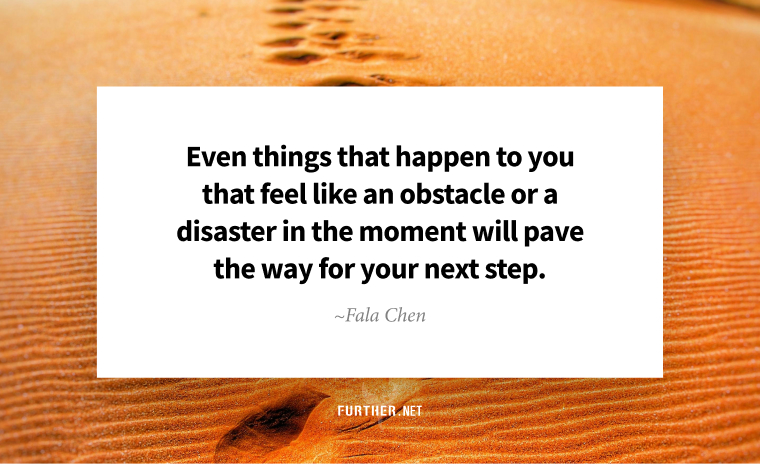
In our lifetimes, we’ve witnessed a lot of unthinkable catastrophes, from human-made (Three Mile Island, Chernobyl, Exxon Valdez) to natural (pandemics, hurricanes, wildfires).
There’s a silver lining for us Gen Xers, as research shows 70% of us are confident in our ability to manage crises, 75% have emergency plans, and 60% are adaptable to new circumstances.
Still, when disaster strikes, as it did for me last over the last week in the LA fires, you might be stymied about what to pack in your go bag. While it would be nice to have clean underwear, a handful of sentimental items, and hard-to-replace documents, I quickly realized none of that was necessary.
Turns out that the one essential thing you need to survive is something that disasters naturally foster: human bonding.
People Who Need People
Over the last two decades, an increasing body of research shows a wide range of benefits from “disaster collectivism,” a term coined by author Rebecca Solnit in A Paradise Built in Hell.
In the wake of an earthquake, a bombing, or a major storm, most people are altruistic, urgently engaged in caring for themselves and those around them, strangers and neighbors, as well as friends and loved ones.
Studies show feeling out of control can make people more generous and helpful. Collective trauma brings people closer together, as expressing the same emotions and supporting one another can be psychologically and neurologically healing.
However, it’s not a given that disaster collectivism is all hearts, flowers, and rainbows. It helps if there is a sense of trust and mutual respect before bad things happen. Still, knowing that humankind can rise up together when things are darkest is a little light worth holding out for.
A Friend In Need
As the days wore on and the fires blazed, friends and family members, many of whom I hadn’t spoken to in decades, checked in. The more I focused on connecting with others, the better I felt.
This isn’t surprising; as we’ve often discussed here in Further, friendships — even the “weak ties,” like your favorite grocery store clerk or barista — correlate with better health, less stress, and greater happiness. Plus, the 87-year landmark Harvard Study of Adult Development shows the #1 key to long-term survival is close relationships and social connections.
Luckily, you don’t have to endure a calamitous event to realize the benefits of a disaster mindset. While writing her book, Solnit analyzed the work of disaster studies pioneer Charles E. Fritz and found a “radical premise”:
Everyday life is already a disaster of sorts, one from which actual disaster liberates us.
In other words, that extra stressor reminds us of the importance of belonging and unity not just to survive but to thrive. The real catastrophe, then, is waiting for an actual disaster to connect with people you care about and who care about you. I say this from heartbreaking experience: please don’t wait.
Further Reading: A Paradise Built in Hell by Rebecca Solnit
